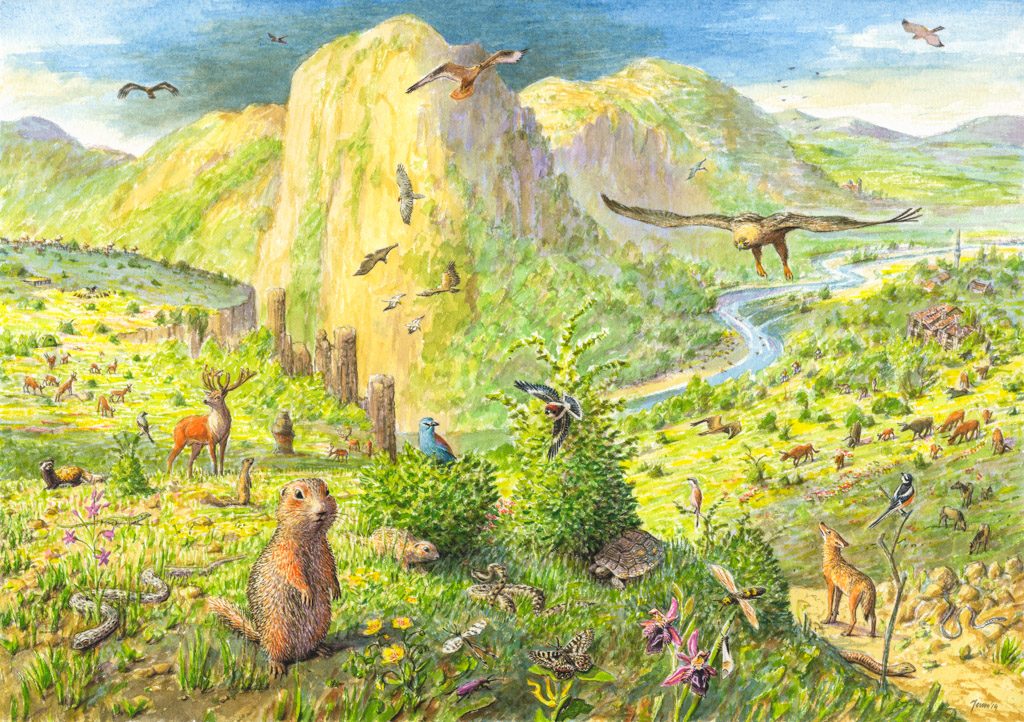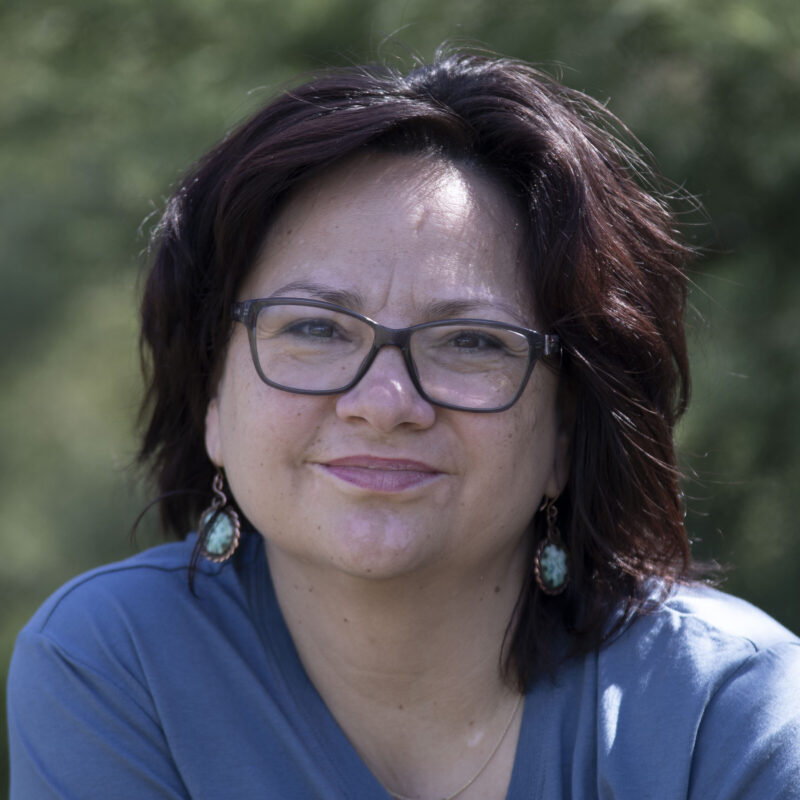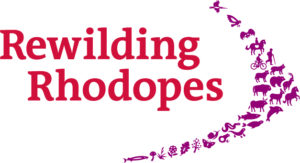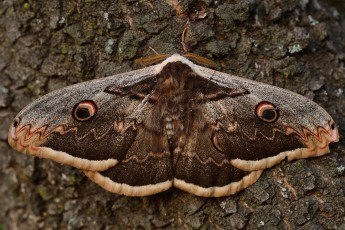
Giant peacock moth, Saturnia pyri, Studen Kladenets reserve, Eastern Rhodope mountains, Bulgaria
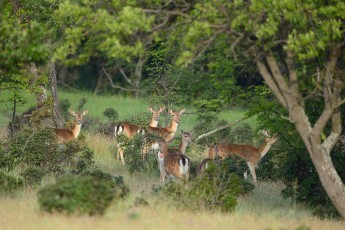
Wild, original Fallow deer, Dama dama, Studen Kladenets reserve, Eastern Rhodope mountains, Bulgaria
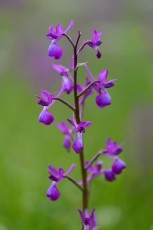
Loose-Flowered Orchid, Green-winged Meadow Orchid, Jersey orchid, Orchis laxiflora, Bela Reka, Eastern Rhodope mountains, Bulgaria
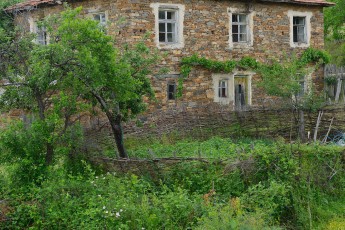
Tintiava abandoned village, Bela Reka, Eastern Rhodope mountains, Bulgaria
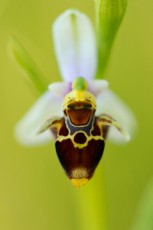
Woodcock orchid, Ophrys cornuta/scolopax, Bela Reka, Eastern Rhodope mountains, Bulgaria
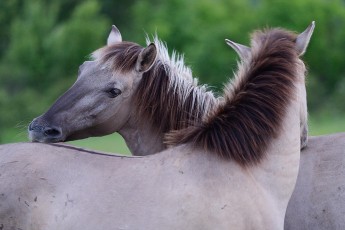
Wild living, reintroduced Konik horses, Sbor abandoned village, Eastern Rhodope mountains, Bulgaria
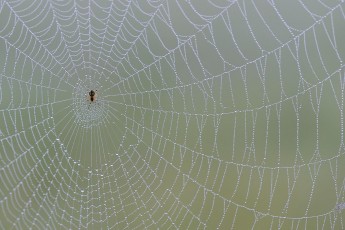
Spider web, Arachnidae sp. Eastern Rhodope mountains, Bulgaria
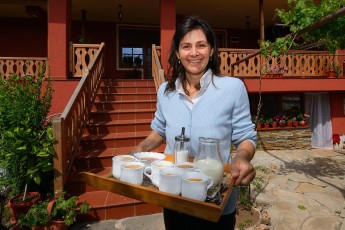
Bed and breakfast hotel owner Betty, Wild Farm in Madzharovo valley, Eastern Rhodope mountains, Bulgaria
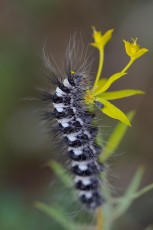
Butterfly caterpillar sp. Eastern Rhodope mountains, Bulgaria
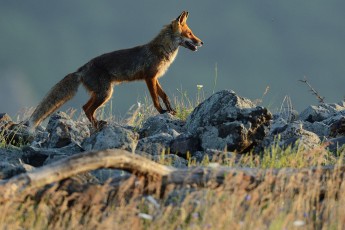
Eurasian red fox, Vulpes vulpes, at vulture feeding site, Madzharovo, Eastern Rhodope mountains, Bulgaria
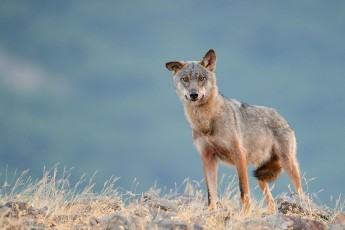
Eurasian grey wolf, Canis lupus, at a vulture watching site in the Madzharovo valley, Eastern Rhodope mountains, Bulgaria
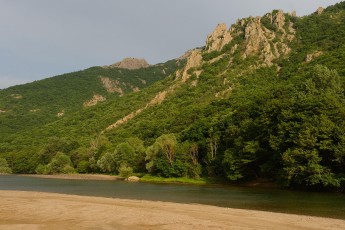
Arda river canyon, Madzharovo, Eastern Rhodope mountains, Bulgaria
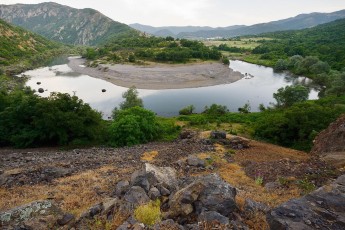
Arda river bend, Madzharovo, Eastern Rhodope mountains, Bulgaria
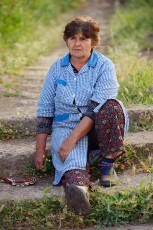
Villagers in the Arda river valley, Eastern Rhodope mountains, Bulgaria
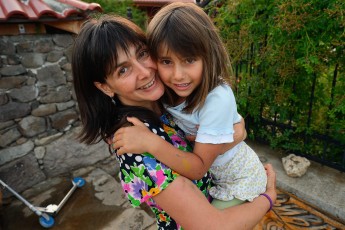
Betty and her daughter at the Wild Farm, Dolni Glavanak, Eastern Rhodope mountains, Bulgaria
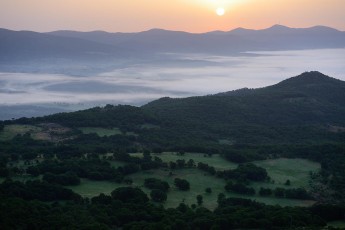
Flight shots over the Arda river canyon, Madzharovo, Eastern Rhodope mountains, Bulgaria
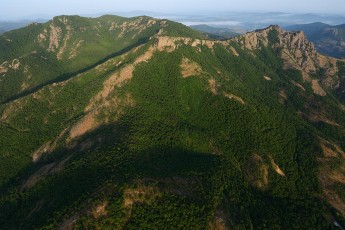
Flight shots over the Arda river canyon, Madzharovo, Eastern Rhodope mountains, Bulgaria
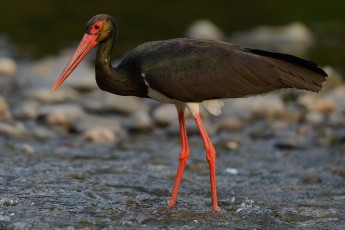
Black stork, Ciconia nigra, Arda river valley, Madzharovo, Eastern Rhodope mountains, Bulgaria
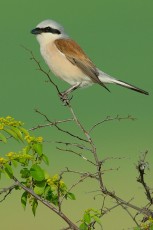
Red-backed shrike, Lanius collurio, Eastern Rhodope mountains, Bulgaria
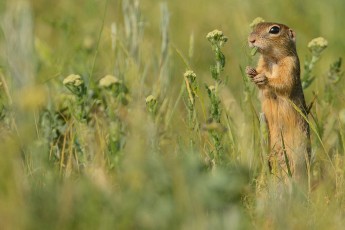
Suslik or European ground Squirrel, spermophilus citellus, Sakar mountains, Eastern Rhodope mountains, Bulgaria
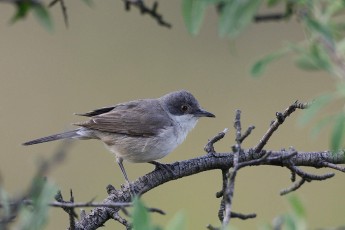
Eastern Orphean warbler, Sylvia crassirostris, Sakar mountains, Eastern Rhodope mountains, Bulgaria
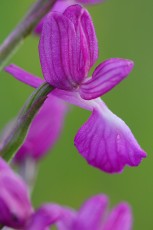
Loose-Flowered Orchid, Green-winged Meadow Orchid, Jersey orchid, Orchis laxiflora, Bela Reka, Eastern Rhodope mountains, Bulgaria
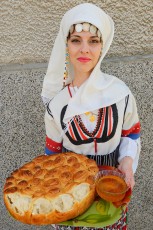
Young woman in Balkan dress offering bread and honey at the Celebration of the opening of a new Tahini-production factory in Kondovo village, Eastern Rhodope mountains, Bulgaria
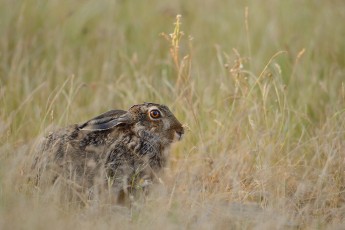
European hare, Lepus europaeus, Eastern Rhodope mountains, Bulgaria
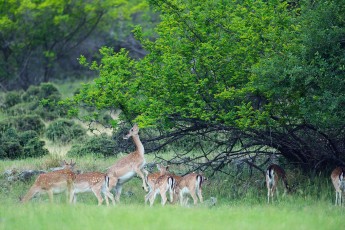
Wild, native original Fallow deer, Dama dama, Studen Kladenets reserve, Eastern Rhodope mountains, Bulgaria
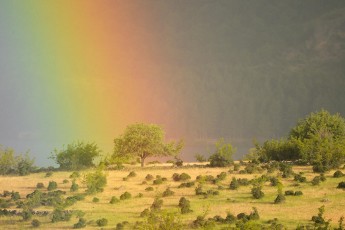
Rainbow on a grazed landscape, grazed by Fallow deer, Dama dama, Studen Kladenets reserve, Eastern Rhodope mountains, Bulgaria
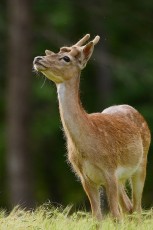
Wild, native original Fallow deer, Dama dama, Studen Kladenets reserve, Eastern Rhodope mountains, Bulgaria
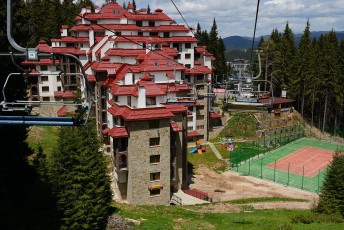
Ski resort, Pamporovo, Western Rhodope mountains, Bulgaria
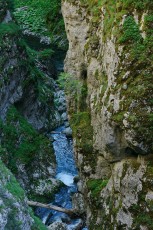
Trigrad gorge, Western Rhodope mountains, Bulgaria
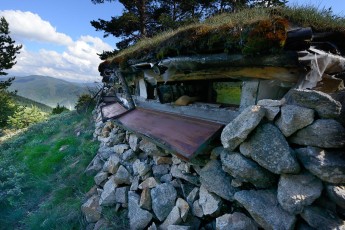
Wildlife watching hide in Rhodope Mountains rewilding area, Bulgaria.
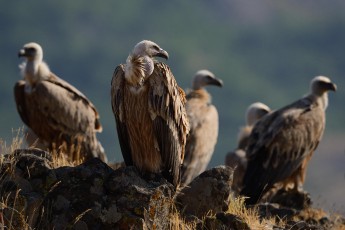
Griffon vulture, Gyps fulvus, Madzharovo, Eastern Rhodope mountains, Bulgaria
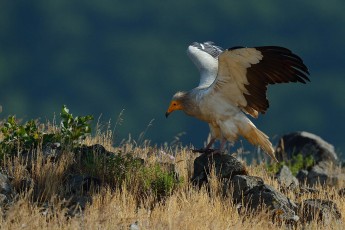
Egyptian vulture, Neophron percnopterus, adult, Madzharovo, Eastern Rhodope mountains, Bulgaria, endangered species

